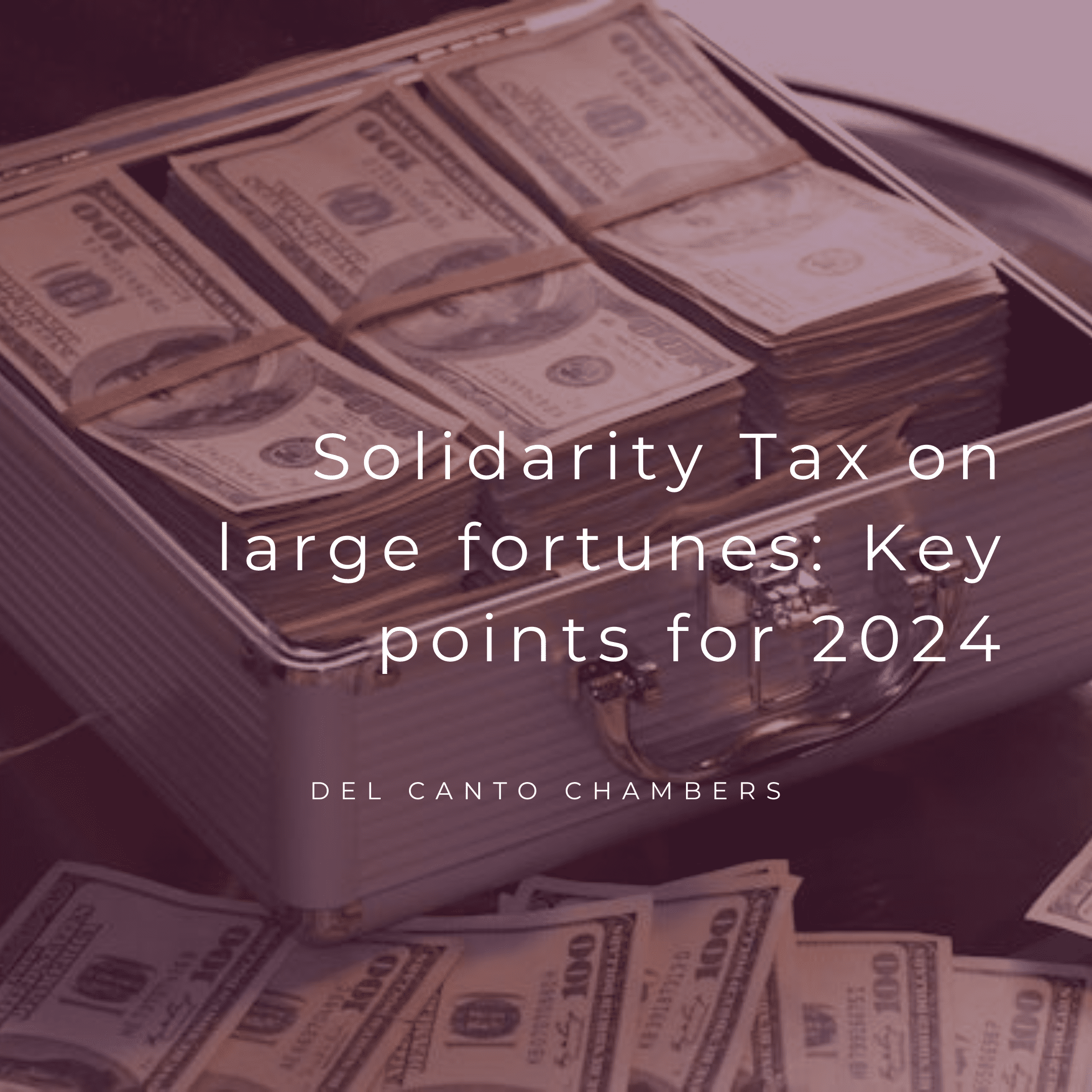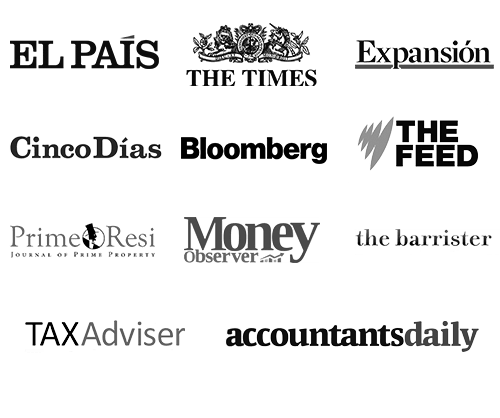British tax authority is targeting high-net-worth individuals in order to collect more taxes that patch the public deficit hole up.
The United Kingdom has an economic problem: in 2015 its public deficit reached up to 4.20 of GDP. To cover that hole is a priority for the State to regain income. This goal was entrusted to the British tax agency, the HMRC.
Getting liquidity can be done in two ways: by boosting the consumption to increase collection through taxes such as VAT or other initiatives made in countries like Italy or Portugal; or by boosting tax pressure from tax authorities to taxpayers. The United Kingdom chose the latter. So, who are the citizens whose incomes may contribute more by paying their taxes to the state? High-Net Worth Individuals (HNWI).
Like the Spanish Tax Agency in the case of the luxury residential areas in the Costa del Sol, British authorities are focusing its inspections on this group. Firstly, income tax exemptions to which HNWI may invoke were erased and both taxes on profits and corporate tax were increased.
In the year 2009, HMRC set up an HNW specialized unit in charge of managing and controlling tax obligations of those people owning assets worth more than 20 million pounds. It is calculated that there are in the United Kingdom around 6.500 people exceeding that threshold, according to a National Audit Office (NAO)’s report.
Last year, HNWI’s paid up to 1.3% of the income tax’s total collected amount in the whole United Kingdom and more than up to 15% of total the capital gain tax: £4.3bn pounds. In 2016 that figure was overcome in another 416m pounds more because the aforementioned 20m pounds-threshold to take part of this “exclusive” group was down to 10 million pounds.
The “Super Rich’s” assets targeted by the British tax authorities are this group’s properties, investments profits, business agreements, and overseas assets, amongst others. To avoid tax fraud, it is calculated that HMRC is conducting around 6.000 inquiries to this group, one-third of the total British HNWI’s. These operations are open at least eighteen months but there are another 4.000 where its files haven’t been closed in three years.
The reality is that taxes in the United Kingdom remain high and are very complex. It is essential not only to make them simpler but to cut at least 20 taxes down in order to minimize the British tax system’s complexity.
When tax authorities’ direct tax collection policies are not complemented with indirect ones (like incentives to consumption) to increase tax incomes and, besides, a particular group is targeted only by their wealth power, it risks the chance of turning an every tax agency’s necessary work (which is collecting the taxes that all citizens must pay) into a self-defeating predatory work to collect at all costs.
At Del Canto Chambers we are specialized in tax and commercial law and we can be contacted at clerk@delcantochambers.com
Del Canto Chambers’ Editorial Board




